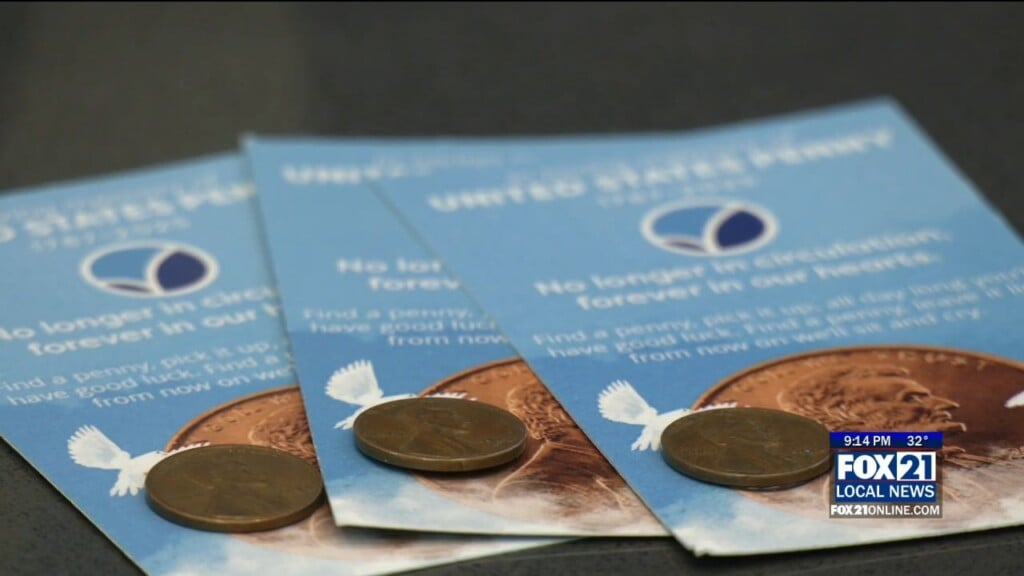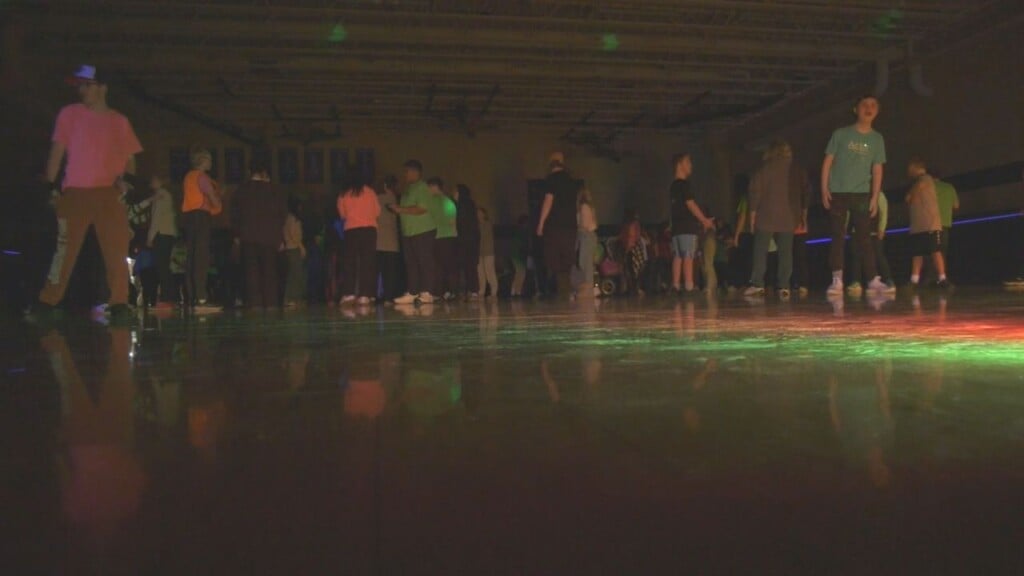Bob Tavani House Receives Grant to Expand Services
DULUTH, Minn. – An organization that helps homeless people recovering from acute medical conditions in the Twin Ports is planning on how it can sustain and expand its services in the future.
Bob Tavani House, located next to First Covenant Church in Duluth’s Lincoln Park neighborhood, has been around since 2018. They converted the church’s old parsonage into a space where up to three people can live and get treatment. So far they have helped 55 people.
“Most of our guests come directly discharging right from the hospital (and) right to our house,” says Co-Site Director Kate Bradley. “We know that homelessness isn’t just lack of home. It’s breakdown of a lot of things in someone’s life, including community. So folks who find themselves in that position we’re happy to help.”
They recently received a grant from the CDC Foundation and the National Institute for Medical Respite Care that will help them bring mental health services to the house. Over the next two years peer support specialists and peer recovery specialists will be available for those seeking help, as well as finding additional mental health services.
“Peer support specialists are somebody who’s kind of gone through it with mental health stuff and gotten to the other side,” says Bradley, “and they’re available to help others navigate how to get through their own mental health struggles. And peer recovery specialists are the same for folks with chemical health issues.”
Bradley says of the around two dozen other medical respite locations that the Bob Tavani House is working with through NIMRC to expand services, they have found their location is unique since they take a community approach. “A lot of other medical respites are an institutional response where a hospital has created lower costs beds to hold people until they can be released. We come at it a little differently. We don’t just address someone’s physical health needs while they are with us. We look at the whole social determnance of health and make sure that they’re connected to reliable transportation and nutritious food and positive connections in the community.
As for the house’s future, they recently received non-profit status. Bradley says that will allow them to find additional sources of funding outside of the current groups, which has included First Covenant Church, the Duluth Family Residency Clinic, Loaves and Fishes, and CHUM. It also means they could accept people who have sobriety issues and physical disabilities as any expanded space would allow.
To help plan for this, the house has been holding virtual community conversations, called “charrettes”, to help bring people and organizations together to discuss what the current need is and how it can best run it services. The final two will take place on March 4 and March 11.
“There’s a real need for hospice in the homeless community,” says Bradley, “and we’re haven’t been able to offer that here yet. We know that three beds are not enough to cover the community, and I really like the way we do things here. I love the hospitality model. I love connecting people to resources in the community and people in the community and just connecting here.
“For a lot of folks, we are people for people who need people. Everybody needs somebody, and a lot of people don’t have anyone that they can turn to. So we have guests that return for the birthdays and return for holidays. If they get mail that doesn’t make sense, and if they got good news or bad news…We love that connection and being that support for those folks.”
More information on the community conversations can be found here.







